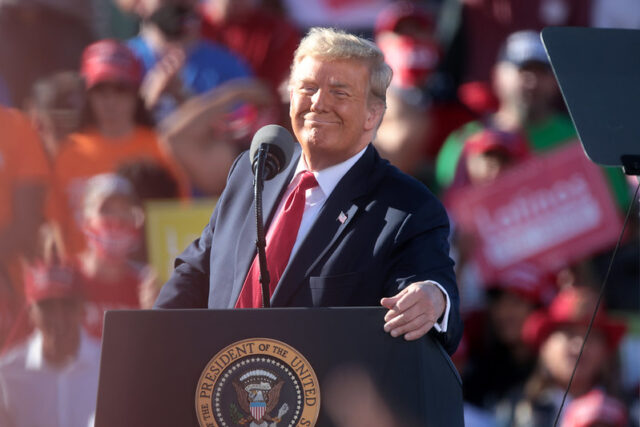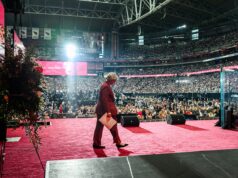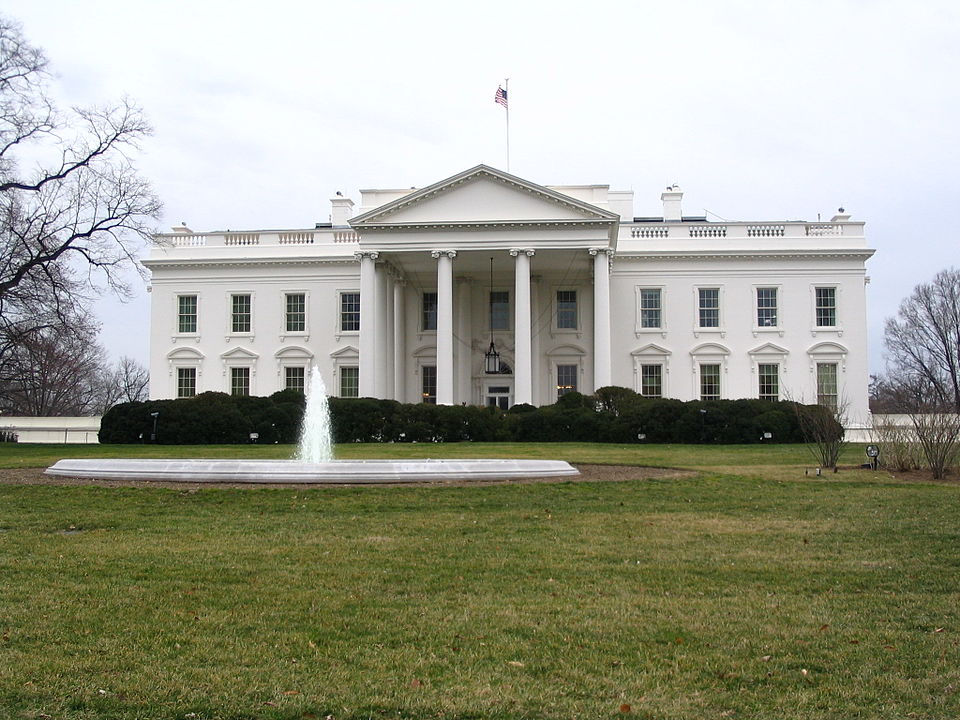President Donald Trump has issued a full pardon to Michelino Sunseri, an endurance athlete who was convicted last year for descending the Grand Teton via a “restricted” trail during a record-breaking run. Sunseri’s case had become a flashpoint in the debate over federal overreach and the growing tendency of unelected bureaucrats to criminalize harmless behavior.
Sunseri reacted to the news with relief on Monday, writing on Facebook:
“IT’S FINALLY OVER. The trail trial of the century is officially over. In a twist even Hollywood couldn’t write, I woke up this morning to find out I’ve been given a PRESIDENTIAL PARDON from Donald J. Trump — over the Grand Teton FKT and my use of the Old Climber’s Trail.”
A Record Run Turned Legal Battle
In September 2024, Sunseri ascended and descended the 13,775-foot Grand Teton in an astonishing 2 hours and 50 minutes, setting a new fastest-known time. But instead of celebrating the athletic achievement, federal authorities charged him days later for taking a “prohibited” route—the Old Climber’s Trail—during his descent.
Although the trail has long been used by climbers and is not inherently unsafe, the National Park Service classified it as “restricted,” and Sunseri was prosecuted under rules that critics say lack proper legal grounding.
A Case of Bureaucratic Overreach?
The Pacific Legal Foundation, which took up Sunseri’s defense, argued that the federal government had overstepped its authority. According to PLF, the regulations used to charge Sunseri were created by low-level park staff—not by Congress or any properly authorized rulemaking process.
“We are thrilled that Michelino’s nightmare is over,” said PLF attorney Michael Poon. “But we’re not done fighting unconstitutional regulations that let unelected officials criminalize harmless conduct. We stand ready to help other Americans facing similar prosecutions.”
This theme—federal agencies creating de facto laws without accountability—has become a major concern among conservatives, especially as executive-branch rulemaking grows in scope and impact. Sunseri’s case, many argue, is a prime example of ordinary Americans being punished by faceless, unaccountable bureaucrats.
Sunseri: “They Tried to Make an Example of Me”
Sunseri was convicted last September despite his defense showing that many climbers had used the same trail over the years. He said officials seemed determined to “make an example” of him rather than apply common sense.
“This case was a massive waste of taxpayer money and government energy from the start,” Sunseri said. “Unfortunately, instead of working with me, the system tried to make an example of me. I know this pardon might get swept up in politics in this heated time, and that’s unfortunate—because this particular case is about fairness and common sense.”





